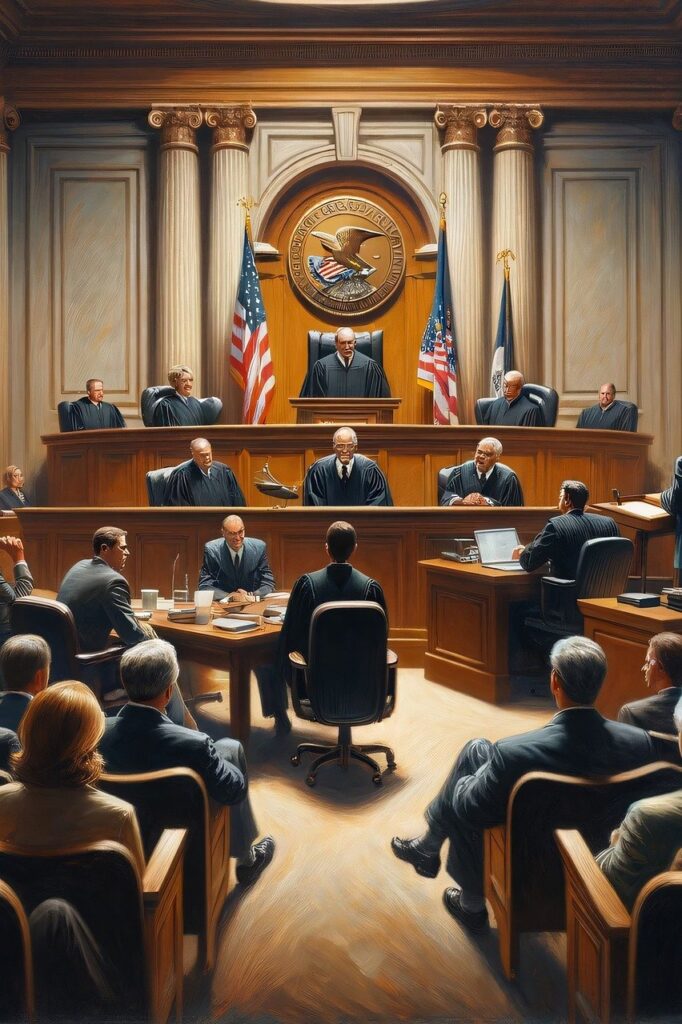
Understanding Digital Rights: A Beginner’s Guide to Copyright Law
In today’s digital era where anyone can create and consume content with the click of a button, copyright law has never been more important. In this beginner’s guide we aim to demystify copyright law making it accessible and relevant to both creators and consumers.
What is Copyright Law?
Copyright law is a legal framework that grants creators of original works exclusive rights to their creations including literary, musical, artistic, and other intellectual works. The basic idea behind copyright laws is to protect the creator’s time, skill, and effort from those who might want to steal or use it without permission.
Copyright in the Digital Age
The internet brought new opportunities for creators while completely changing how we interact with copyrighted material. Digital content can be copied, modified, sold or distributed around the world at no cost. This presents unique challenges when enforcing copyright laws.
Common Misconceptions
- “If it’s online then it must be free.” Not true! Just because something is on the internet does not mean you are free to use it whenever you please. Copyright protection automatically applies upon creation-sometimes even before you put something out there for others to see.
- ”I edited it so now its mine!” Sorry but that is also incorrect! Modifying an existing work still requires permission from the original owner in order for you to claim a piece as your own.
- ”Fair use means I can do whatever I want.” Wrong again! Fair use was established as a way for people to use copyrighted material without needing permission but only in certain circumstances such as criticism or commentary.
Legal Considerations for Content Creators
- Protecting Your Work: While copyrights are automatically granted upon completion of your work there are additional legal benefits that come with registering them-especially in case someone were to infringe upon your work.
- Using Others’ Work: Always seek permission when using someone else’s copyrighted material, you never know if they’d be willing to let you use it.
- Understanding Licensing: When licensing your work to others make sure it is clear what rights are being granted. Doing so can help avoid misunderstandings later on.
- Dealing with Infringement: If someone were to use your work without your permission remember that you have legal recourse but consider the potential impact on your reputation before taking action.
Navigating the Digital Landscape
The internet provides endless opportunities for artists and creators to showcase their work but at the same time they must remain vigilant of protecting their rights and respecting those of others. Here are some helpful tips:
- Educate Yourself: Stay informed about copyright laws and changes, especially as digital technologies evolve. The U.S. Copyright Office is a great resource for current laws and regulations.
- Use Technology Wisely: Watermarking or metadata can be used as protective tools around your work. Websites like Digimarc offer solutions for digital watermarking.
- Seek Legal Advice: If you’re unsure about copyright issues don’t hesitate to consult a professional in the field. The American Bar Association provides resources and referrals for legal assistance.
Conclusion
Although copyright law in this day and age may seem complex, understanding its basic principles is vital for anyone creating or using content online. By respecting copyright, getting permissions and protecting our own work we’ll be able to navigate this landscape safely and ethically while also fostering an environment of respect between all parties involved in the online community.